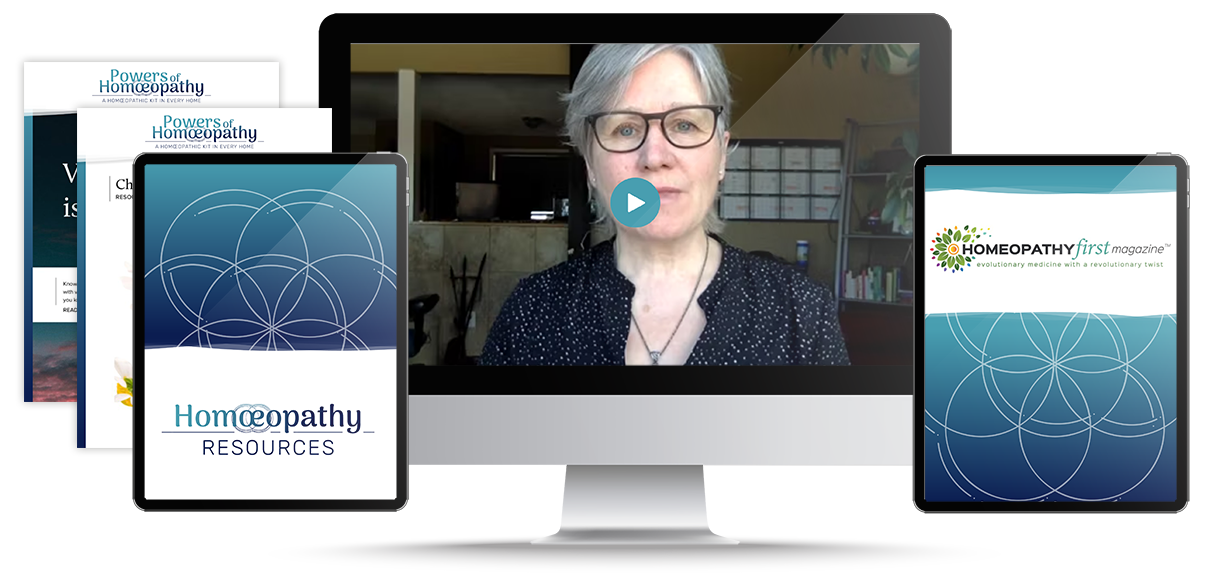Have you heard of the expression ‘The Sandwich Generation’? Loving is one slab of the bread, caring the other slab, and in between, the filling can all too often be the bitterness or blandness of exhaustion. Exhaustion can quickly become indifference for some and illness for others. Maybe even anger for someone else in situations of desperation and hopelessness. Where to find the energy to keep going on?
Of course we love our babies, our children, our aging parents, but sometimes—especially when there is sickness, chronic illness, or progressive disease with our loved ones—we can burn out from caring and many times, caring so much that we ‘do’ ourselves into states of unhealthy exhaustion. For those who are 50+, there are the grandbabies AND the aging parents who, with each passing year, face more and more limitations. We want to be compassionate, listen with care and concern, and help where we can, but we can only do so much—and we must know our own limits.
Welcome to the Sandwich Generation! Caring for little ones, loving them like crazy, supporting adult children, and at the other end of the spectrum, respectfully accompanying our parents as they age.
“I love sleep. My life has the tendency to fall apart when I’m awake, you know?”
~Ernest Hemingway
When I consider the early days of parenting, loss of sleep is what comes to mind first. I remember when my oldest was six months of age, I went to a retreat center for spiritual direction. (This was a pastor’s best and only suggestion to a weepy, postpartum depressed basket case. I was already in therapy!)
I guess ‘Get thee to a nunnery’ was the right prescription because on my first visit, Sister Nora simply said, ‘Loss of sleep is a form of torture in some countries. What you need is sleep.’ This was the sanest thing anyone had said to me up to this point. I slept four hours during my first visit, gradually started to think a little more clearly, and eventually, this first experience of sleep deprivation became the start of my spiritual journey. Thirty plus years later, I’m still learning and growing despite loss of sleep from time to time.
Loss of sleep can be part of the other end of the spectrum. After two and a half years of extended family caring for an elderly family member with dementia (who was finally placed in long-term care last week), I wanted to write a post with a couple of suggestions for homeopathic remedies that might help with the transition from home to nursing home: remedies for the family member being placed and for the rest of the family who are left to grieve for what was and what is to come. Remedies for those who are sleep-deprived from the caring, and remedies to help ease the grief and loss.
THE REMEDIES
Below you will find a brief description of one remedy for your loved one (Aconite) and two remedies for the family of the loved one (Ignatia and Cocculus). You can read more about these remedies in this week’s handout. The remedy descriptions are taken from more current homeopathic books that may be very new to you and will help you know if the remedy ‘fits’ your particular situation of caring/overcaring/exhaustion and fearfulness.
The Loved One
The transition from everything known and familiar to unknown and new can be filled with fear, anxiety, restlessness, and sleeplessness for your loved one. From confusion (“Why is my family doing this to me?”) to anger (“I’m fine. I’ll go when I’m ready.”) to the unspoken fears of “Old people just get dumped in these places,” and “I’m not like those old, forgotten people sitting in wheel chairs, drooling, and demented.”
Middle of the night, pacing and sleepless, restless and anxious—this is the picture of Aconite. You’ve read about it in these newsletters for sudden onset of fever or shock. This is what this transition is…a shock. For everyone involved, but especially for your loved one who is being moved from all that is known into a new situation, not of their choosing.
Family of the Loved One
Being witness to their confusion can be so upsetting. This is your parent who—up until a few years ago—rode a bike, did their shopping, fed themselves, took care of friends and neighbours, laughed/joked, and ‘dressed’ for every special occasion, keeping the ‘tacky sweater businesses and costume jewelry companies in business.
When the placement finally comes, so do the tears. Tears for the loss and tears for the relief…your loved one will finally be safe in an environment where there is less likelihood of them falling down stairs, falling in the bath, sliding on icy sidewalks while on a ‘walkabout,’ or getting lost in their own neighborhood. The loss and grief is as real as a death, for this is a death of sorts. This is the time to mourn losing the person you once knew as vibrant and independent. This is the situation of Ignatia.
Sometimes the continuous care ends in exhaustion. You are so sympathetic, alert, and conscious of the feelings and health of your loved one that you lose sleep. The nerves can become so raw, that dizziness or a sensation of imbalance can overtake. This is the picture of Cocculus, a remedy well known for “anxiety for the health of others” and “loss of sleep aggravates.”
“Sleep is the best meditation.”
~Dalai Lama
What a relief to know that sleep can be ‘spiritual!’ When I offered to pray for her, Sister Nora, in her infinite wisdom, would say to me, “Be with your babies.” I wanted to whine back, “Really? Can you think of something maybe a little easier?” Being with my babies, even after getting some sleep, was often hard. Again, it was the exhaustion that coloured so much of the emotions.
So my prayer for everyone who is in this Sandwich Generation will NOT be a pious solitary moment on bended knee in quiet bliss. My prayer will be in the act of ‘being’ with our loved one who has dementia…being present and learning how to be with who they are in this very difficult stage of life…someone they have never been before and really never expected to be…dependent and vulnerable. This is where my life is at right now—being with a chatty granddaughter who is learning to write her name AND being with an elderly loved one who remembers her name and who knows she has a family who loves her.




